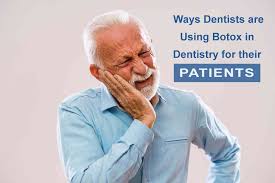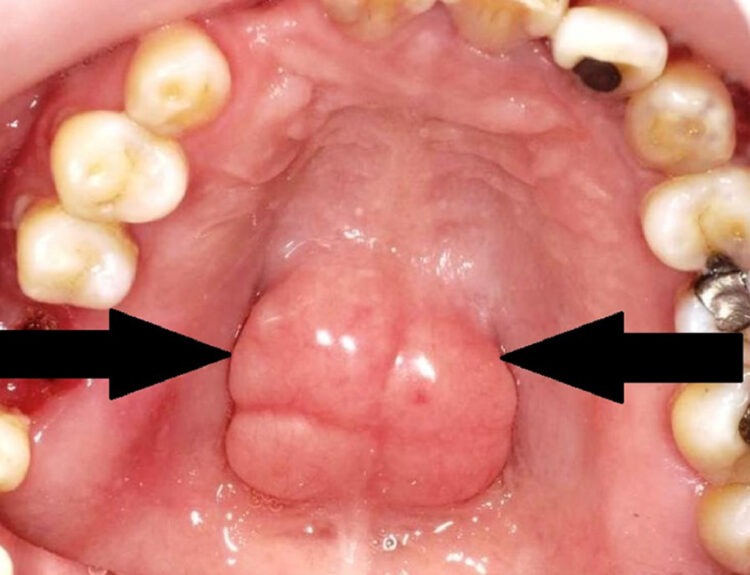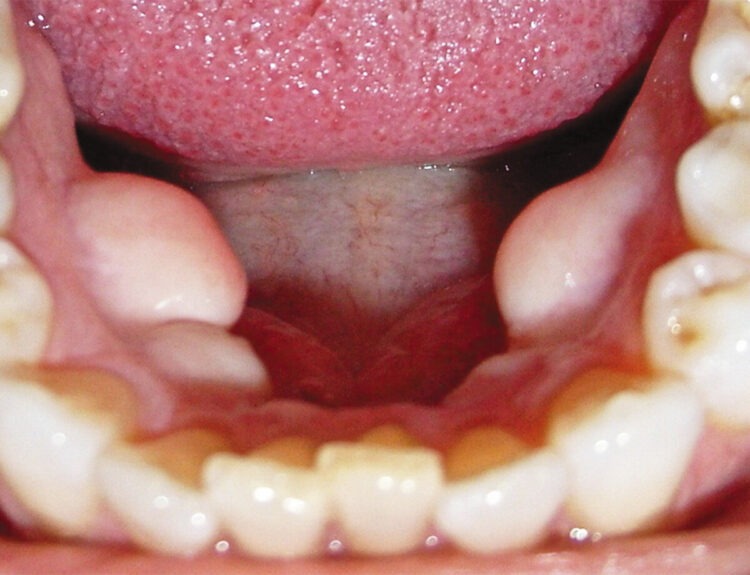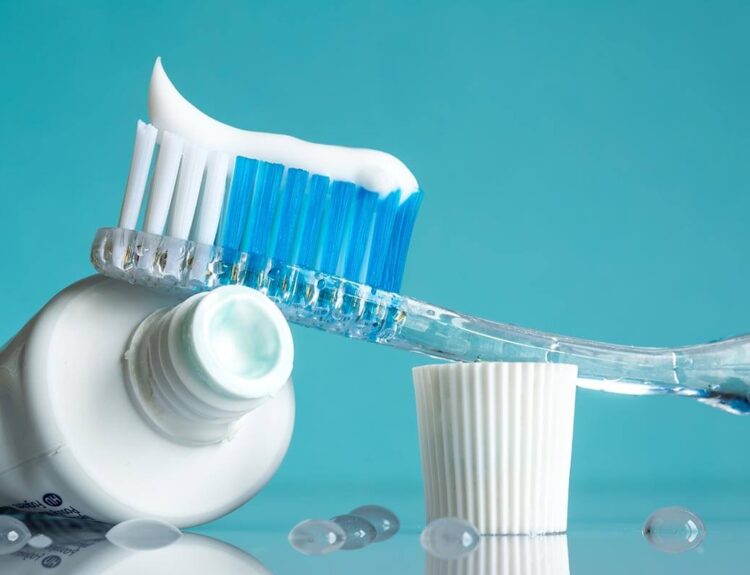Botox (Botulinum toxin) is a neurotoxic protein. It is widely used to reduce wrinkles and fine lines by temporarily relaxing facial muscles. Botox works by blocking nerve signals to the targeted muscles, preventing them from contracting. Medically, Botox is used to treat conditions such as chronic migraines, muscle spasms, excessive sweating. Dentists incorporate it for the treatment of bruxism (teeth grinding), incompetent lips and temporomandibular joint (TMJ) disorders. Though it is an effective treatment for bruxism (teeth grinding) for some patients, but like any medical procedure, it may also have potential side effects.
Side Effects:
Muscle Weakness: Botox works by temporarily paralyzing or weakening the muscles responsible for clenching and grinding. This can lead to:
- Difficulty in chewing or biting hard foods.
- A feeling of heaviness or fatigue in the jaw.
Pain or Discomfort at Injection Site: Some patients experiene mild pain, swelling, or bruising at site of needle prick.
Asymmetry or Uneven Results: If the Botox is not evenly distributed, it could cause an asymmetrical appearance or function of the jaw.
Temporary Difficulty Speaking or Smiling: Over-weakening of the muscles could temporarily affect facial expressions or speech.
Spread of Toxin: In rare cases, the toxin can spread beyond the injection site, as a result following may ocur:
- Muscle weakness in nearby areas.
- Difficulty in swallowing or breathing (very rare but serious).
Allergic Reaction: Some individuals may experience an allergic reaction to Botox, though this is uncommon.
Over-Relaxation of Muscles: Excessive weakening of the jaw muscles could lead to problems with jaw function or an open bite.
Most side effects of Botox are temporary and typically resolve within a few days to weeks as the effects of the toxin wear off. Botox for bruxism usually lasts 3-4 months. Afterwards dentists have to repeat the treatment.
Who Should Avoid Botox for Bruxism?
It may not be suitable for everyone. Avoid it if you:
- Are pregnant or breastfeeding.
- Have a history of neuromuscular disorders.
- Are allergic to any ingredients in Botox.
- Have an infection at the injection site.
Alternative Treatments for Bruxism:
If you’re concerned about the side effects of Botox, consider these alternatives:
- Custom Night Guards: Wearing a dental night guard can significantly protect your teeth from grinding and reduce jaw strain.
- Stress Management: Since stress is a common cause of bruxism, relaxation techniques, therapy, or meditation may help.
- Physical Therapy: Jaw exercises and massage signifiantly relieve muscle tension.
- Medications: In some cases, dentiss prescribe muscle relaxants or anti-anxiety medications.
Read our full disclaimer.




